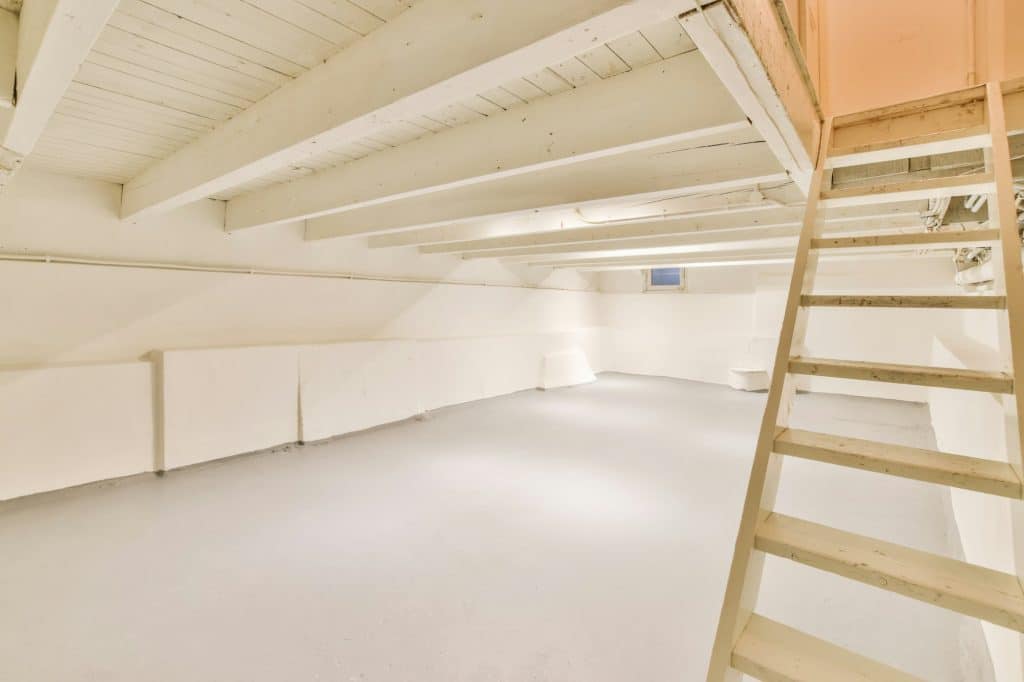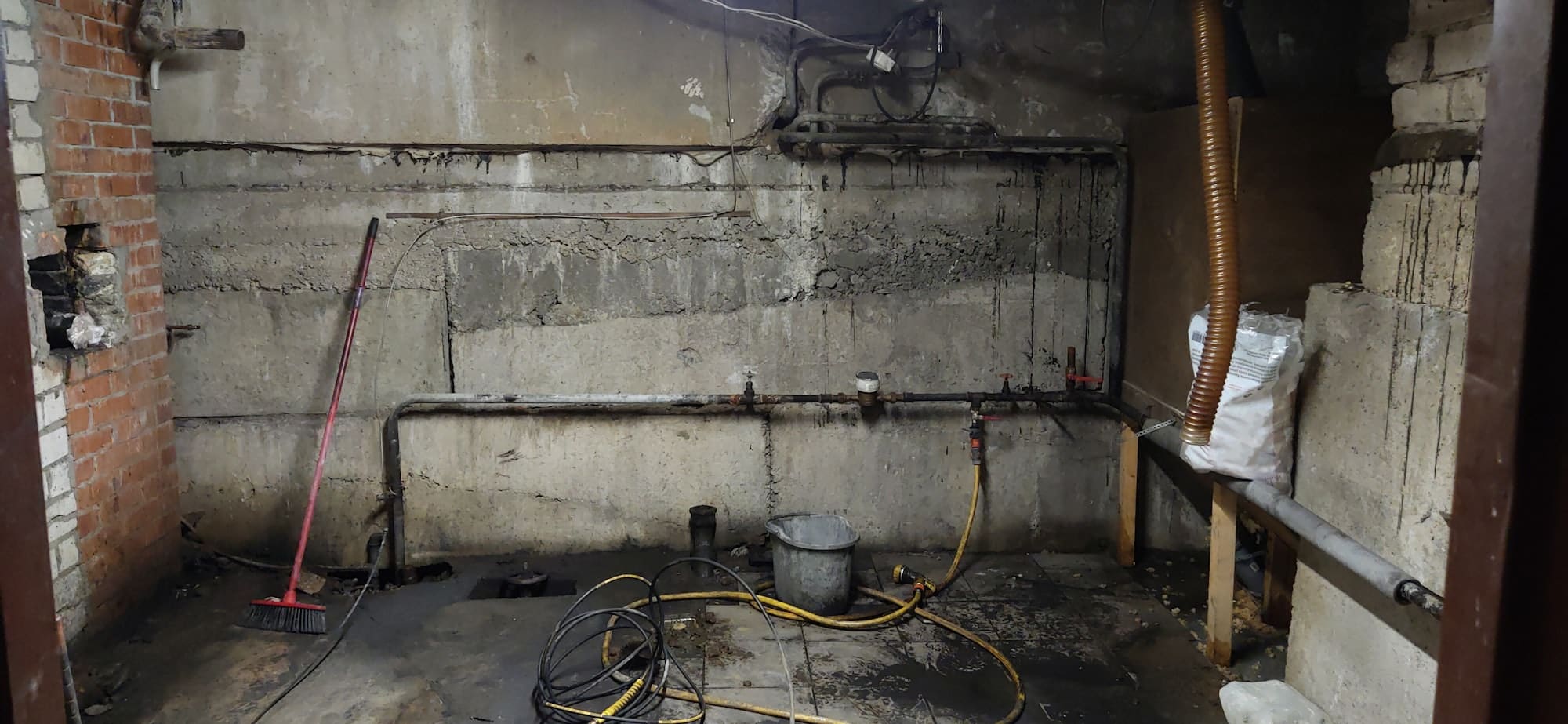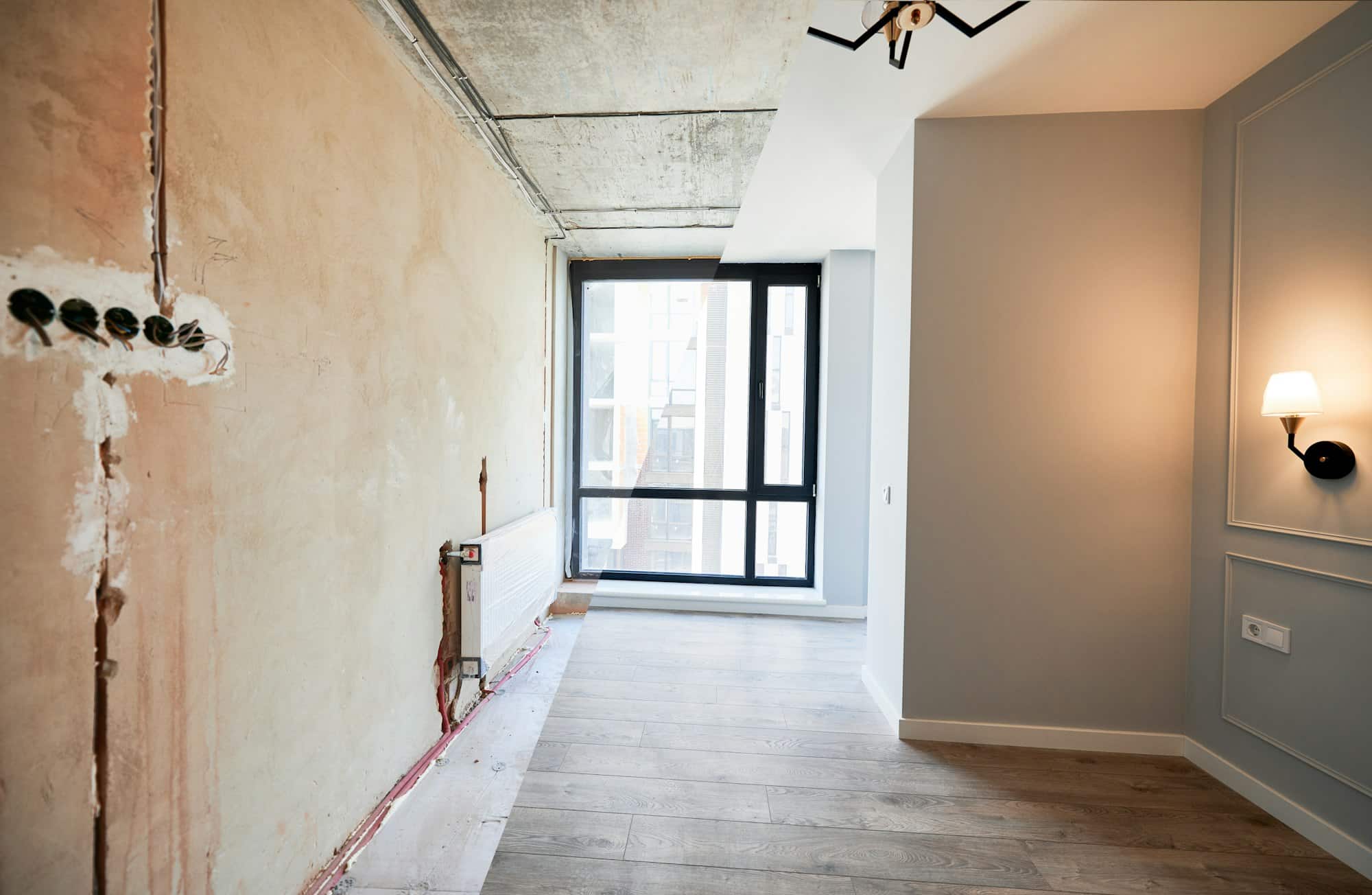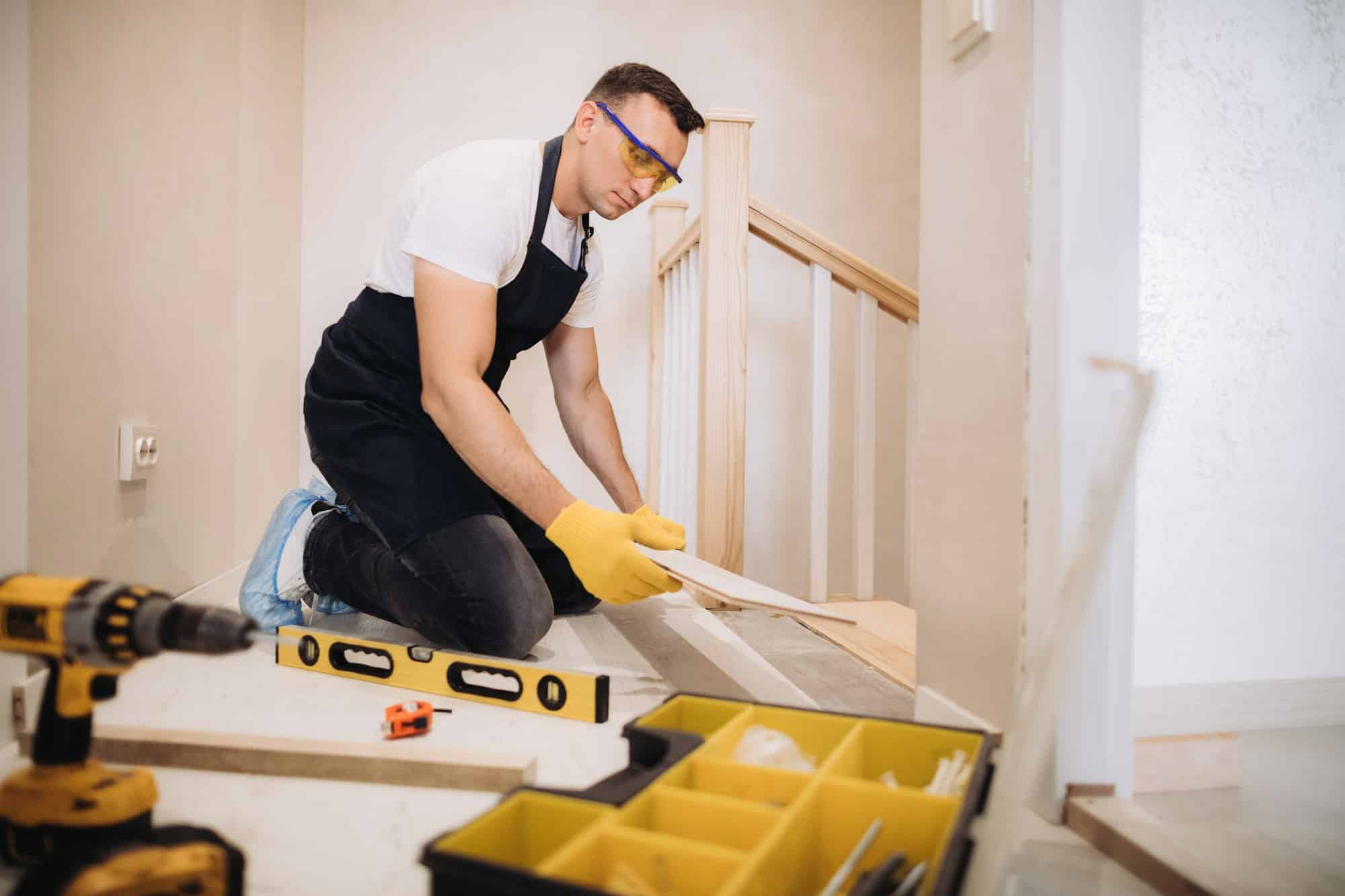Whether you have an unfinished basement or are looking to optimize an already existing space, finishing your basement can add significant value and functionality to your home. Here’s a detailed cost estimation for basement finishing.
Factors Influencing Basement Finishing Costs
- Scope of the Project: The extent of the finishing will significantly impact the overall cost. Basic finishing includes insulation and flooring, while a full conversion might involve additional rooms, bathrooms, and custom finishes.
- Structural Modifications: Any structural changes or repairs, such as adding egress windows or reinforcing the foundation, can increase costs.
- Insulation and Ventilation: Proper insulation and ventilation are essential for creating a comfortable and energy-efficient space, especially in basements.
- Quality of Materials: The quality of materials chosen for flooring, walls, ceilings, and finishes will affect the cost. Higher-end finishes and custom features will be more expensive.
- Plumbing and Electrical: Adding bathrooms or kitchens will require extensive plumbing and electrical work, which can be costly.
Cost Breakdown
To help you estimate the costs involved in finishing a basement, here’s a table showing a range of prices for different aspects of the project:
| Component | Low-End Cost | Mid-Range Cost | High-End Cost |
|---|---|---|---|
| Insulation | $1,000 | $2,500 | $5,000+ |
| Flooring | $1,000 | $3,500 | $8,000+ |
| Drywall and Finishing | $1,500 | $4,000 | $8,000+ |
| Electrical | $1,000 | $3,500 | $7,000+ |
| Plumbing | $1,000 | $4,000 | $10,000+ |
| HVAC | $1,000 | $3,500 | $7,000+ |
| Windows and Doors | $1,000 | $3,000 | $6,000+ |
| Painting | $500 | $1,500 | $3,000+ |
| Labor | $3,000 | $10,000 | $20,000+ |
| Total Estimated Cost | $10,000 | $35,500 | $74,000+ |

Tips for Budgeting Your Basement Finishing
- Define Your Goals: Clearly define the purpose of your basement finishing project. Whether it’s an extra bedroom, home office, or playroom, knowing your goals will help you prioritize spending and make informed decisions.
- Get Multiple Quotes: Obtain quotes from several contractors to compare prices and services. This will give you a better understanding of the market rate and help you find the best deal for your project.
- Plan for Contingencies: Set aside an additional 10-20% of your budget for unexpected expenses. Renovation projects often encounter unforeseen issues that can add to the cost.
- Focus on Efficiency: Optimize the use of your existing space to avoid costly structural changes. Efficient space planning can help you maximize functionality without extensive modifications.
- Consider DIY: If you have the skills and time, consider tackling some of the simpler tasks yourself, such as painting or installing flooring. This can save you money on labor costs.
Conclusion
Finishing your basement can add valuable living space to your home and increase its overall value. By understanding the costs involved and making informed decisions, you can ensure that your basement finishing project stays on track and within budget. Use the table and tips provided to guide your planning process and create a functional, comfortable, and stylish basement space that meets your needs.








